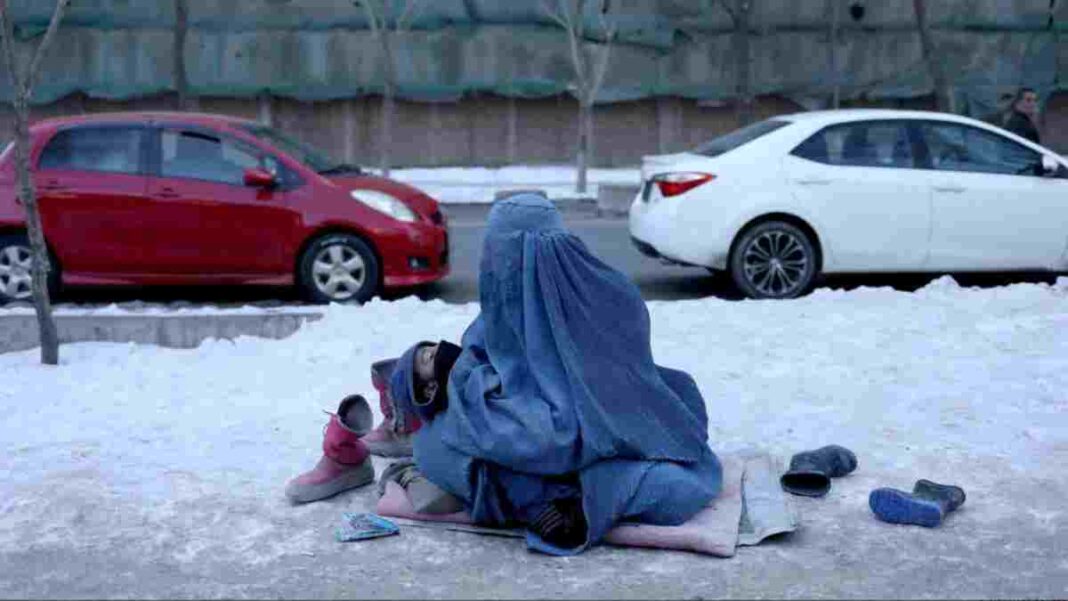AFGHANISTAN: The Taliban-led government in Afghanistan is launching new rules to allow Afghan women to work in some humanitarian sectors, where they could play an important role in delivering aid during a crisis.
Even though the Taliban banned women from working for NGOs last month, many of their ministers in Kabul gave UN Under-Secretary-General for Humanitarian Affairs Martin Griffiths “encouraging responses.”
This can restrict many possibilities for ensuring life-saving humanitarian aid in the country.
“If women do not work in humanitarian operations, we do not reach; we do not count the women and girls we need to listen to. In all humanitarian operations worldwide, women and girls are the most vulnerable,” Griffiths says.
“It’s worth remembering that, this year, Afghanistan is the biggest humanitarian aid programme in the world ever,” Griffiths added.
Griffiths is concerned about other important sectors like agriculture, sanitation, and food deliveries.
The UN officials report that 28 million Afghans, more than half the population, and six million currently “knocking on famine’s door” will be called upon this year.
Afghanistan is experiencing its coldest winter in a decade, wreaking havoc on people’s lives. More than 126 Afghans have died in freezing temperatures, mostly from hypothermia or inhaling toxic fumes from the gas heaters.
Due to storms and big piles of snow, the government’s military helicopters couldn’t get to the most remote parts of the country.
The UN’s second-in-command, Amina Mohammed, went to Afghanistan last week to express concern about a directive that could “remove women from public life.”
Most conservative Taliban leaders, on the other hand, are against women helping out in health emergencies. The cleric taking care of the State Ministry of Disaster Management says: “Men are already working with us in the rescue efforts, and there is no need for women to work with us.”
Griffith disagrees with the statement, holding strong beliefs about the important changes that could be initiated due to women’s participation in health sectors.
Last winter, last-minute humanitarian assistance in remote areas saved many families from famine.
Also Read: Taliban Orders Full Enforcement of Sharia Law Punishments in Afghanistan



